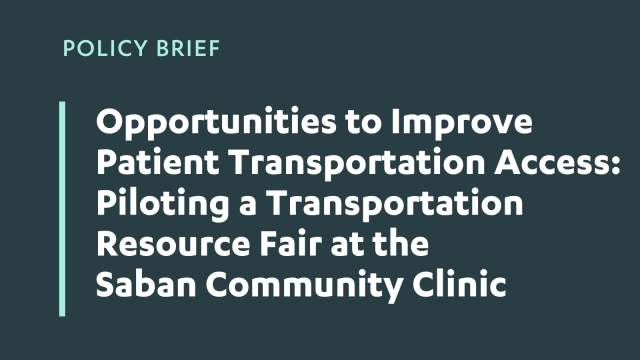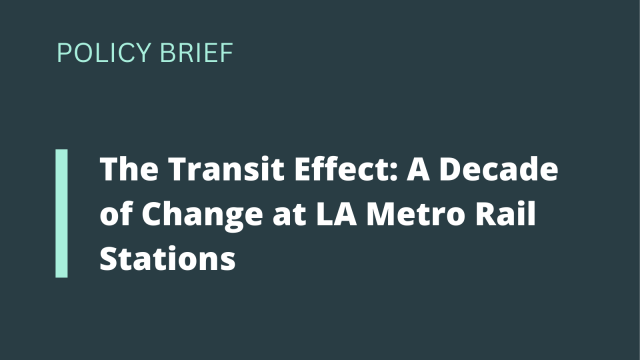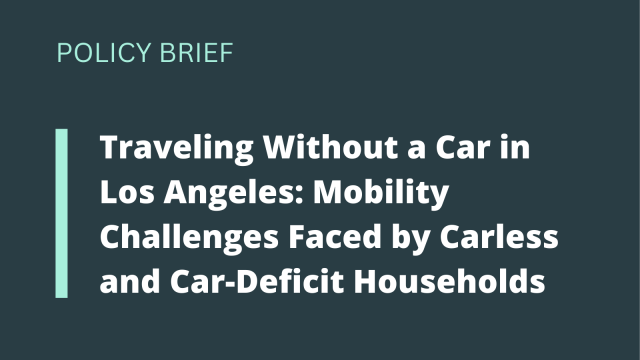Bridging the Gap: Gender Equity in Transportation for Unhoused Women
The travel experiences of unhoused women in Los Angeles present a critical yet underexplored aspect of urban mobility and homelessness. This report aims to fill the gap in literature addressing the unique travel patterns and challenges this group faces, emphasizing the need for solutions tailored to their mobility needs.
Interviews with unhoused women in Los Angeles were conducted to gauge their travel patterns and primary safety concerns. Interviews took place in Van Nuys and Little Tokyo to reflect the differences in travel experiences between the suburbs and the inner city. Homelessness resources are more concentrated in Central City Los Angeles, where Little Tokyo is located, providing a model for what could be possible in terms of mobility, safety, and access to public transportation. Conversely, in Van Nuys, resources are sparse and spread out, compelling unhoused women to travel greater distances and optimize their travel time by multitasking.
Key takeaways include reliance on community networks, increasing preference for biking as an affordable and eco-friendly travel mode, and the use of bikes and fare-free transit for feelings of autonomy and independence. Additionally, despite concerns about safety when alone, unhoused women are still wary of law enforcement, and anti-homeless measures like 41.18 lead to continuous displacements, disrupting daily routines.
Findings suggest addressing the fundamental issue of housing, implementing robust data collection, partnering with homelessness advocacy groups, securing funding for essential amenities, and making infrastructural improvements to support the autonomy, mobility, and safety of unhoused women. All in all, a comprehensive approach is necessary to provide effective relief.



